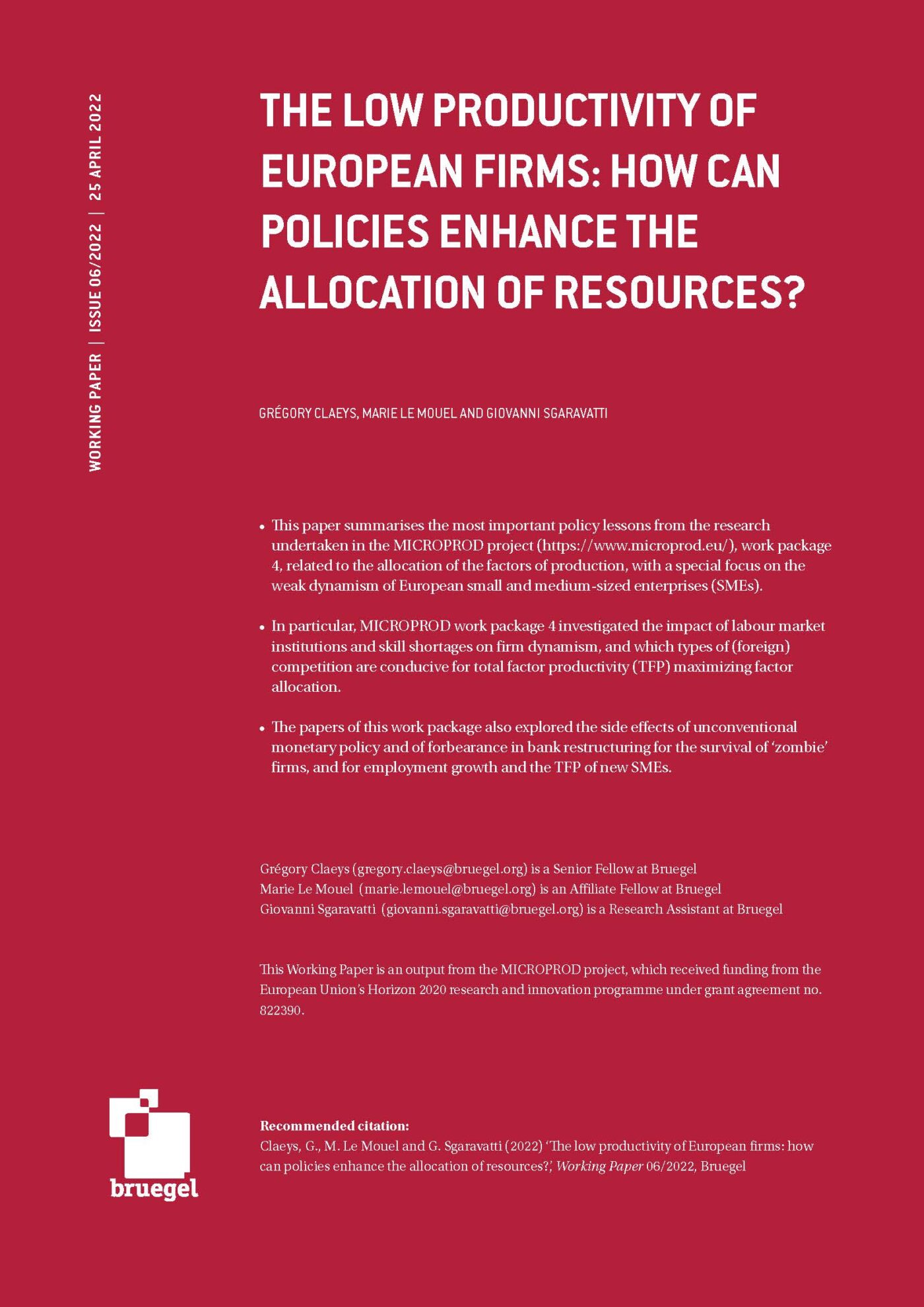Podcast
Backstage: Japan’s inflation problem and monetary policy options
Bruegel senior fellow Zsolt Darvas welcomes Sayuri Shirai, professor at Keio University, visiting scholar at the Asian Development Bank Institute and former Member of the Policy Board of the Bank of Japan (BOJ), for a discussion of the Japanese monetary policy outlook.
Japan is often portrayed in the economic circles as a country facing decades of loss, as it has long been experiencing slow economic growth and sluggish underlying inflation, despite numerous attempts at boosting it.
The ambitious plan designed to do just that is known as ‘Abenomics’, a macroeconomic package advocated by Japan’s Prime Minister Shinzō Abe, based upon the ‘three arrows’ of monetary easing, fiscal stimulus and structural reforms.
To evaluate the outcomes of the Abe’s policies and explore the challenges facing Japanese economy, Bruegel senior fellow Zsolt Darvas welcomes Sayuri Shirai, professor at Keio University, visiting scholar at the Asian Development bank institute and former Member of the Policy Board of the Bank of Japan.
The discussion touches upon the reasons why target inflation is so hard to achieve, including the issue of stagnant wages and low labour productivity, especially in the context of Japan’s aging society. It also reflects on the Bank of Japan’s monetary easing normalisation, and whether it is feasible for it to tamper its massive government bond purchases.
For further reading, you might consider a blog post by Akio Egawa on the third arrow of Abenomics – a growth strategy. We can also recommend our recent round up of economists’ opinions on the past years of Abe’s policies.








